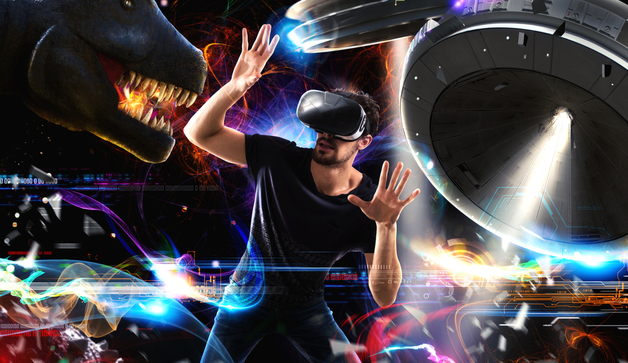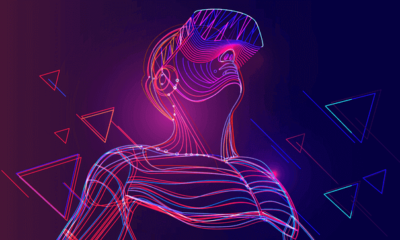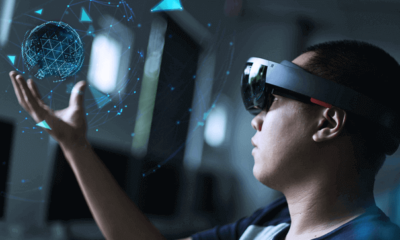
When it comes to live, work, and play, virtual reality is still firmly on the play side of things. But that doesn’t mean developments in the VR realm will always be fun and games. There are serious ways virtual reality is set to impact major industries.
The Green Buzz Agency, a video marketing firm, writes: “From starting out as a new toy for gamers, innovators have found that virtual reality headsets are widely applicable… Today, virtual reality is used in a wide range of fields and careers and is a great tool for putting ourselves in a ‘virtual situation’ instead of physically being present when the conditions are not ideal.”
So, what are some ways virtual reality is set to change the world?
#Experiential marketing
Virtual reality is the ultimate try-before-you-buy experience. It can cut the cost (and the risk) of producing products that consumers may not ultimately buy. It can cut much of the cost of getting test products into the market-place, allowing potential buyers to experience the product without risk, and likely without leaving their homes.
But it’s not just physical products that we’re talking about here. It’s whole environments. R.L. Adams, writing in Forbes, says, “For example, if you’re looking to tour a college campus such as Harvard University, you’ll be able to do just that, walking amidst a fray of students, touring classrooms and halls, checking out dorms and even possibly experiencing a lecture or two. Maybe you’re promoting a concert or another event, and you want to place visitors right there in the midst of that experience in a virtual reality setting.”
The potential for experiential marketing is wide.
#Visual learning
What if you could learn complicated and dangerous new skills without the risk of failure? What if you had the chance to simply try and try again until you got it right, with your only expense being time spent. Virtual reality provides the opportunity to do that. Teaching and learning are one of the most critical ways in which virtual reality is changing the world right now.
There is a vast array of opportunities: military training in sharpshooting, diving, and parachuting; surgical training in operating on open human bodies; culinary training in making complicated dishes; scientific training in mixing chemicals for medical, agricultural, and manufacturing needs. Being able to do hands-on learning through virtual reality can transform the classroom experience and the educational products market.
#Immersive entertainment
The entertainment value of virtual reality is very high. Most people are willing to pay extra for an hour or two of total immersion in their experiences. Imagine Harry Potter fans being able to walk the halls of Hogwarts, Narnia fans to be able to walk through the wardrobe from the real world into a virtual reality-based winter wonderland, or Lord of the Rings fans being able to explore the Mines of Moria.
Imagine football fans, instead of being in the stands far from the action, being able to congregate on the field and watch their favorite team play close-up—without the risk of being hit or injured. 3D movies are one thing but imagine a full-on sensory experience fueled by VR technology. The entertainment value of virtual reality is nearly endless.
It is believed that VR will also have a major impact on space exploration, the travel industry, and people’s general quality of life.








